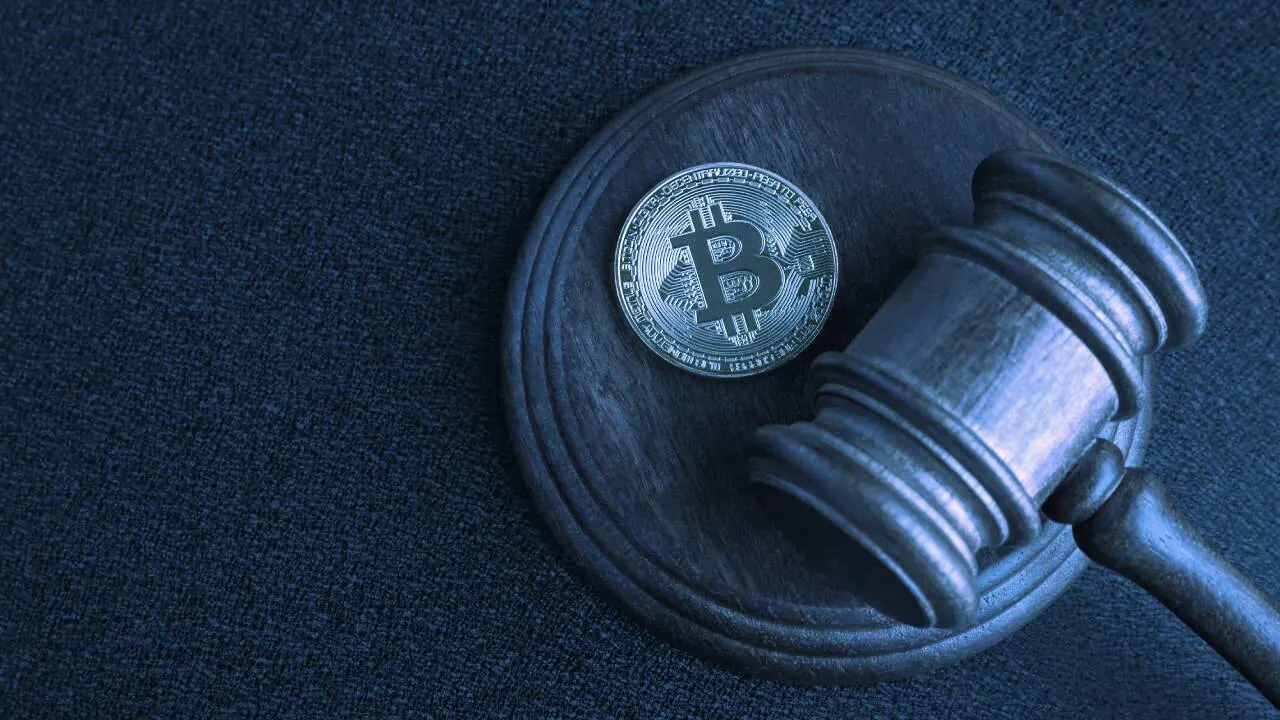We do the research, you get the alpha!
The Justice Department has filed criminal charges against an unnamed defendant who allegedly sent more than $10 million worth of Bitcoin in an attempt to skirt economic sanctions.
In an opinion published on Friday, U.S. Magistrate Judge Zia M. Faruqui of Washington, D.C., explained his approval of the Justice Department’s criminal complaint.
This is the first time the U.S. has filed charges in a sanctions case involving cryptocurrency.
The complaint, which remains sealed, alleges the defendant set up a payment processing company as a front to transmit more than $10 million to a sanctioned country.
At present, the U.S. has comprehensive economic sanctions for North Korea, Syria, Russia, Cuba, and Iran.
According to Judge Faruqui’s opinion, investigators say the defendant bought and sold Bitcoin using a U.S.-based “virtual currency exchange,” which was funded with fiat currency from a U.S. bank account.
The defendant then used their U.S.-based crypto exchange account to send thousands of dollars to two foreign crypto exchange accounts, at which point they were accessed by someone with an IP address tied to a sanctioned country.
“The question is no longer whether virtual currency is here to stay (i.e., FUD) but instead whether fiat currency regulations will keep pace with frictionless and transparent payments on the blockchain,” Jude Faruqui writes, invoking the acronym used in the crypto community to refer to fear, uncertainty and doubt.
Crypto and Sanctions
The judge cited recent guidance from the Treasury Department’s Office of Foreign Assets Control (OFAC), which earlier this month issued its first sanctions against a cryptocurrency mixer, Blender.io, for its links to North Korean hackers.
Before that, OFAC has also reached settlements with BitGo and BitPay over sanctions violations.
In December 2020, OFAC reached a $98,830 settlement with BitGo over 183 crypto sanctions violations between March 2015 and December 2019. Then, last February, OFAC reached a $507,375 settlement with BitPay for 2,102 crypto sanctions violations.
Blockchain analytics firms have taken note too.
Earlier this year, Chainalysis (which just raised $170 million at a $8.6 billion valuation), rolled out a screening tool to help companies screen transactions for sanctions compliance.
“Now is the time for the industry to demonstrate that blockchains’ inherent transparency make cryptocurrency a powerful deterrent to sanctions evasion,” Michael Gronager, co-founder and CEO of Chainalysis, said in March.
Judge Faruqui seems to agree.
“Virtual currency is traceable,” he writes in his opinion. “Yet like Jason Voorhees, the myth of virtual currency’s anonymity refuses to die. See: Friday the 13th (Paramount Pictures 1980).”





